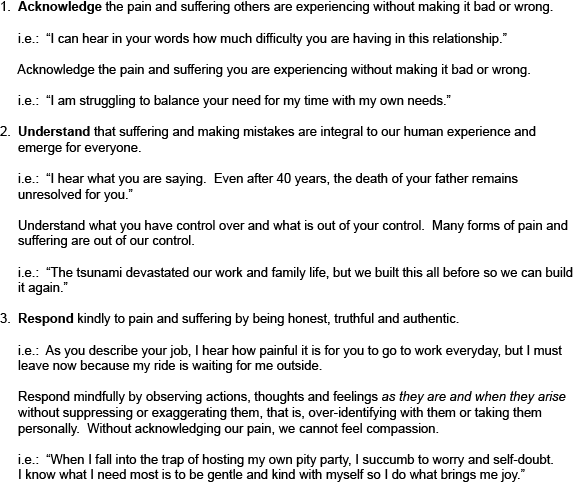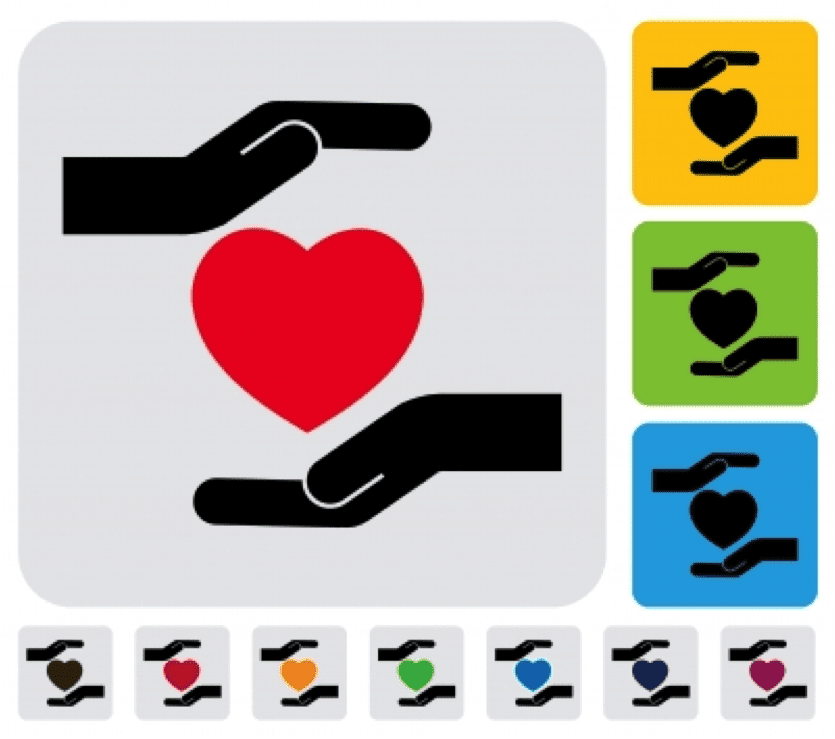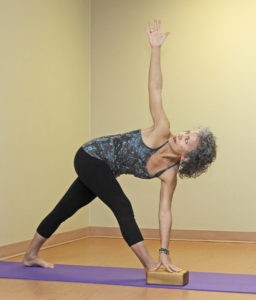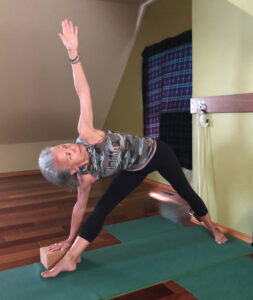When attempting to define compassion, many begin by describing it as non-judgment. As someone who wishes to focus on what I want in life rather than what I don’t want (negativity), I would much rather describe the experience of compassion using positive language. One of the ways I do this is to have people recall Mother Teresa whose undying compassion in her daily work with lepers and untouchables made her a tremendous role model.
At some place deep inside, each of us can intuit or sense Mother Teresa’s compassionate healing capabilities. However, compassion is an expressed action, a practice, and I was curious about what behaviours, thoughts and feelings fall under the compassion umbrella. Without a doubt, we know judgment does not belong, which accordingly eliminates pity, sympathy, critically analyzing, feeling badly for another person. Nor does distraction by shifting to something positive define compassion as Dr. Brené Brown illustrates in her video, The Power of Empathy. Unfortunately, most of the above responses are daily bread in human interactions. In other words, our social conditioning is in need of a major shake up.
What feelings, thoughts and behaviours are foundational for a compassion practice? My community of yoga teachers gathered together to discuss our own experience of compassion. What evolved was the following 3-step practice:

Acknowledge, understand and respond becomes simpler when taken one step at a time. If you are like me, I need to work with the first step until I feel it is solidly part of my repertoire of behaviours. Depending on the situation, this might take a week, a month, more probably a year before my old habit has faded and been replaced. The key is to remind oneself to “Be patient.” It took years to develop the old habit. Replacing it with something new in one year or less is barely short of a miracle.
If you are interested in testing how compassionate you are, click on self-compassion survey. Be sure to calculate your score, which will give you all the subscale scores as well. For example:
Self-Kindness: 5.00
Self-Judgment: 1.80
Common Humanity: 4.25
Isolation: 1.50
Mindfulness: 5.00
Over-Identification: 1.50
Overall score: 4.58
Who in your life do you feel true compassion for (not sympathy or pity)? How can you respond compassionately to this person?
The next time you feel worry or self-doubt, decide on a compassionate response to utilize on your own behalf.





